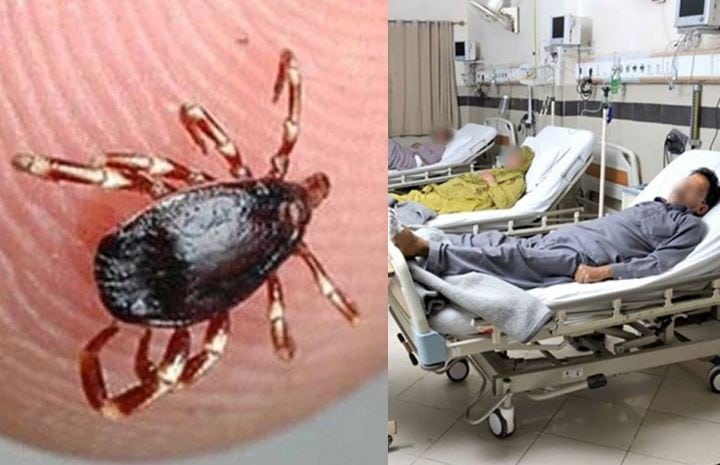KARACHI – Health authorities on Sunday announced that two patients died of Crimean-Congo hemorrhagic fever in the South Asian country.
Reports in local media said the first person to die because of the deadly virus was a 20-year-old pregnant Afghan woman, identified as Gul Naz, who was shifted from Kuchlak to Balochistan capital Quetta.
She was admitted to Fatima Jinnah Chest Hospital in Quetta while having serious symptoms including bleeding from her mouth and nose. Physicians sent her samples to a laboratory, which confirmed the virus that spreads from animals to humans.
The woman while being treated succumbed to the deadly virus on Sunday morning.
The second case was of a Karachi resident identified as Mohammad Adil – a meat seller by profession. It was reported that the 28-year-old shifted to a private hospital with severe headache and fever last month however his health deteriorated.
Later, he started facing nasal bleeding and was tested for dengue and malaria. He was later shifted to Ziauddin Hospital in North Nazimabad, but he could not make it and passed away.
Doctors told media that deaths in Karachi and Quetta were third and fourths from the virus in the last 10 days. At least four people have died of Congo virus in the last couple of months. Health experts also warned of precautionary instructions for all those visiting cattle markets or farms in the coming month for Eid ul Adha.
The Congo virus is a dangerous virus that can cause bleeding at an early stage and is transmitted to humans primarily through ticks on cattle and other livestock. Symptoms of the virus are similar to those of dengue fever but can quickly become life-threatening. The health department has advised people to take precautions such as wearing protective clothing and using insect repellent when in contact with livestock to avoid contracting the virus.
Medical experts warn that the Congo virus has a high fatality rate, and there is currently no specific treatment or vaccine available for the virus.













